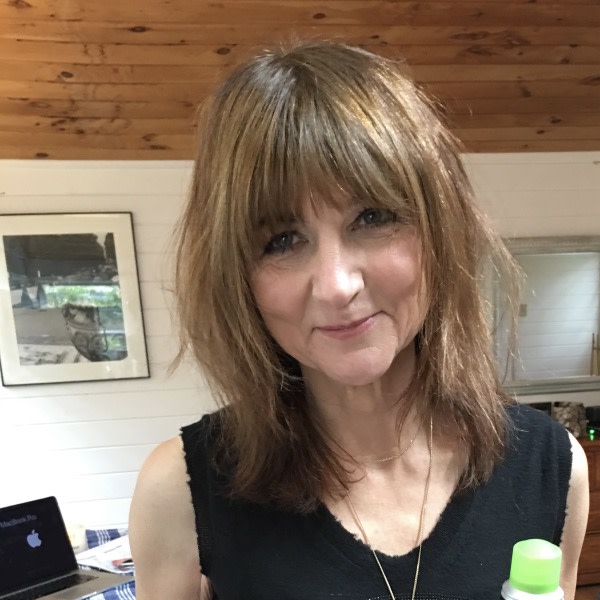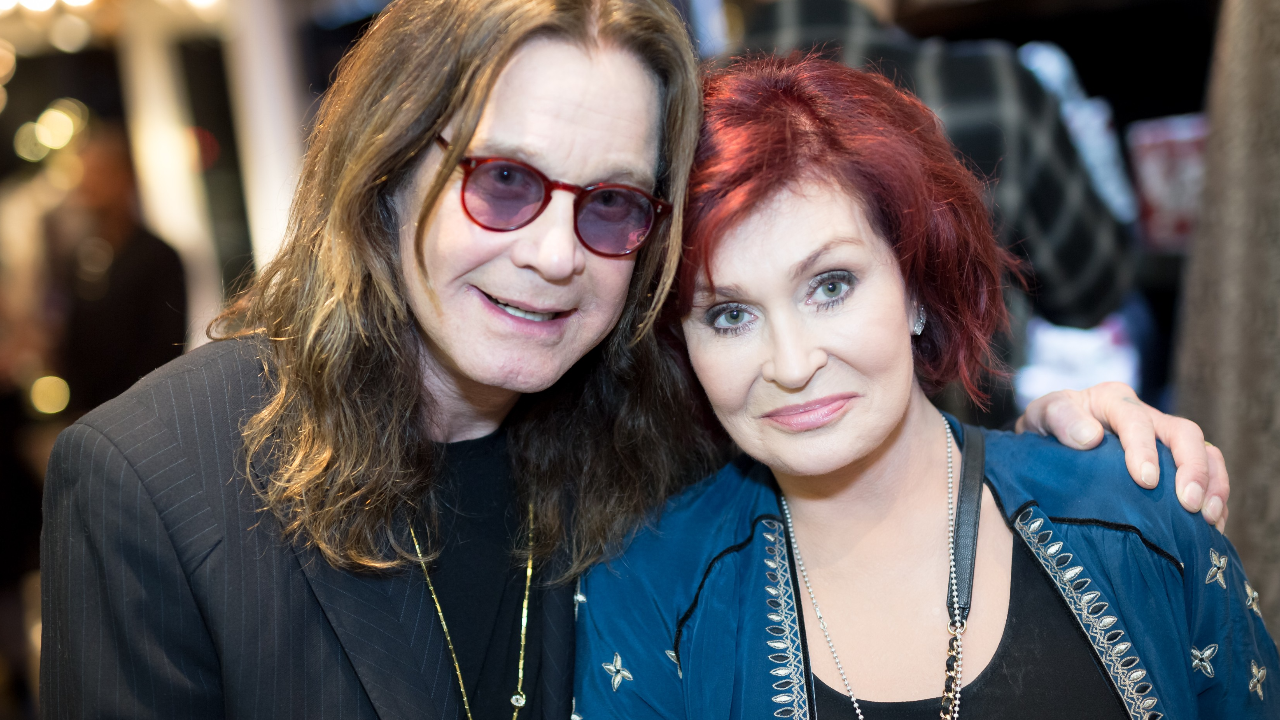Steve Earle: "My latest marriage is the only one I was sober for"
Singer. Songwriter. Guitarist. Actor. Novelist. Playwright. Activist. Grammy winner. He’s a man of many talents, but it’s Harry Potter that’s Steve Earle’s latest addiction
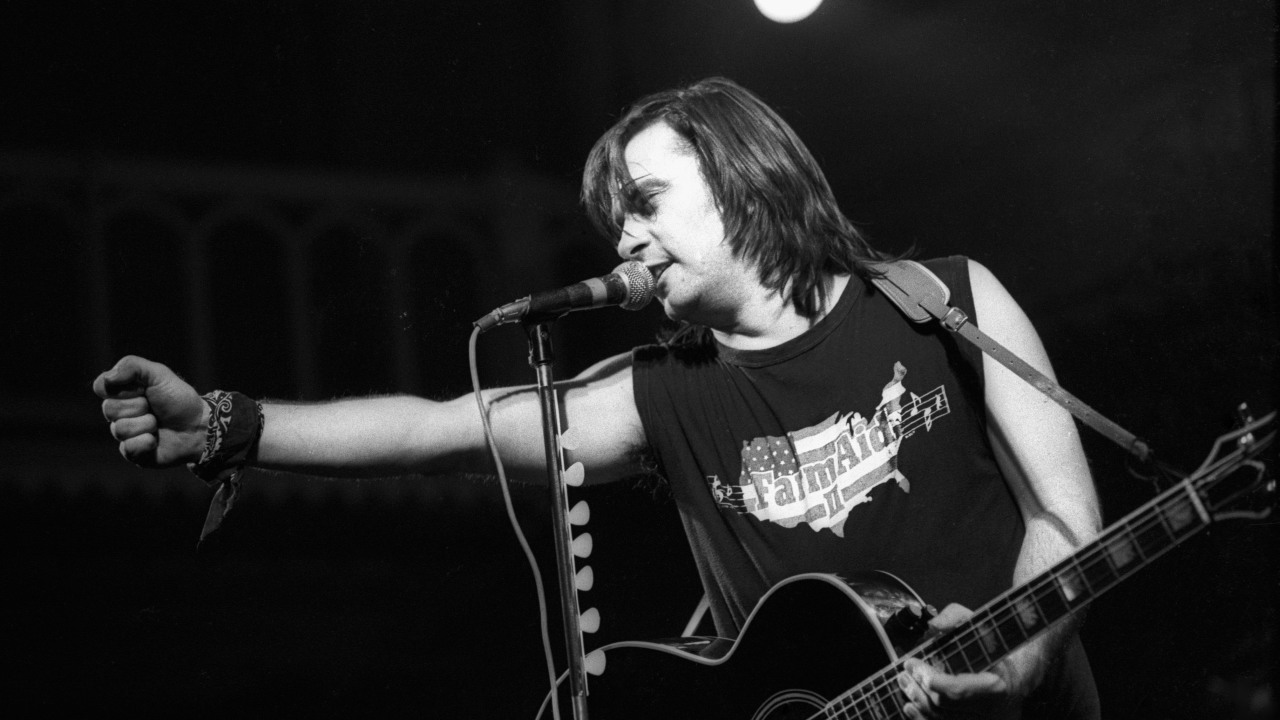
Steve Earle is a busy man. He’s been releasing acclaimed and occasionally controversial albums since 1986’s Guitar Town.
He’s overcome a drug problem, had a stint in jail, won Grammy awards, is now happily married to singer-songwriter Allison Moorer and has a one-year-old baby boy. Earle’s teamed up with producer T Bone Burnett for I’ll Never Get Out Of This World Alive, his first all new album in four years. The 11 songs on which he describes as being “about mortality in one way or the other”.
Beyond his music, Earle also appears as an actor on hit US TV show Treme and has his debut novel published in May.
You’ve said that you feel your calling is as a musician, but do you think that perhaps writing is your greatest strength?
I’m not sure about that. The lyrics on this record were really hard work. My whole deal with this record was just to try to write as far past the decimal point poetically as I could. I was rewriting and re-tweaking these songs right up until I sang ’em.
If writing was laborious, how was recording?
Making this record was effortless. T Bone is really good and I didn’t want to be a producer this time around. We used that band of his and we made it in five days, and it was real easy.
The latest news, features and interviews direct to your inbox, from the global home of alternative music.
Is five days quick for you to record an album?
It’s really quick for anybody. It was great for me because all the work went into writing the songs and T Bone did a lot of work getting this band to where they are. He’s every bit what everybody says he is. Emmylou Harris said something pretty profound recently. She was talking about producers and she said if you’re the smartest person in the room then you’re working with the wrong people.
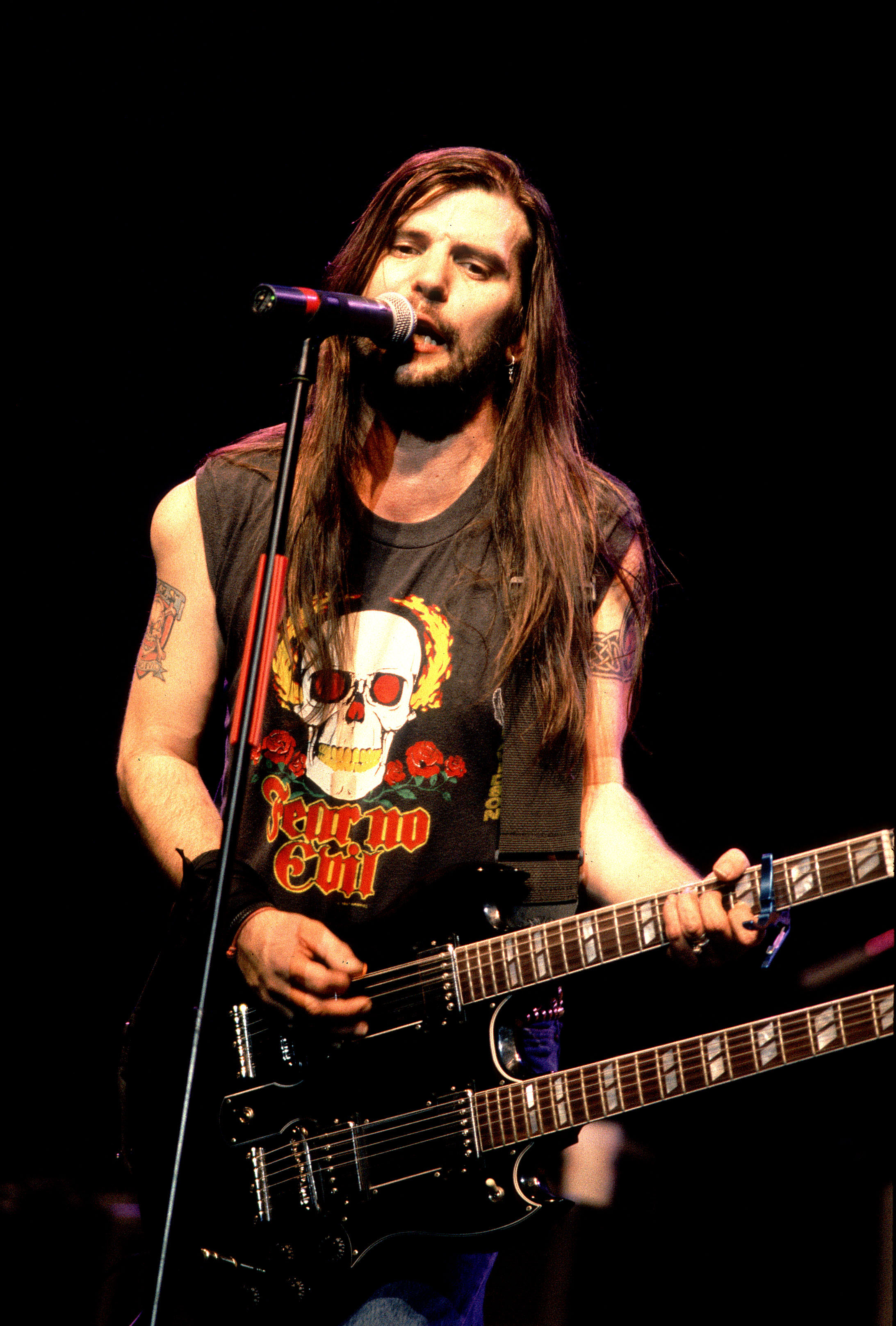
It seems like somebody’s smiling on you – a novel, a Grammy, a new baby? Then you kick off the album with a song called _Waiting On _The Sky, as in waiting for it to fall. Do you think your good fortune could evaporate again?
I know if I don’t abuse the gift I’m given, then things, good things happen and then when I do, bad things happen. It’s like the joke about the guy goes to the doctor and says, ‘Doctor, it hurts when I do this’. He says ‘Don’t do that’.
Does feeling happy seem new to you?
Yeah. But it’s not that new. I’ve actually been sober and productive longer than I was fucked up. But I find it preferable this way.
You also sing about looking for the Holy Grail. What was the Holy Grail for you?
It was whatever. It was leaving San Antonio to go to Houston and then leaving Houston to go to Nashville. Then I left Nashville to go to Mexico in the late 70s for a couple years, then came back to Nashville and then eventually I ended up here. I finally decided that after 30 years, that I still wasn’t where I was supposed to be and I came to New York.
I think I finally am where I’m supposed to be. I think I’ll stick here. I think I’ll probably die here. But I won’t promise that. There’s other cities but New York’s pretty fucking hard to beat. I’m writing a play – my second play – now that the book’s finished. So, the theatre is part of the reason I move here: partially to breathe the same air as Tony Kushner. I saw this new production of [Kushner’s Pulitzer Prize-winning] Angels In America. I had to see it. I was homeless when Angels In America was originally staged. It was the mid-90s, the last year before I got clean and I was homeless.
Do you mark your life in terms of before you were sober and your life after?
Sure. I mean I think getting married this time’s becoming one, too – the only marriage I was sober for – but I think up to really recently that has to be it. I mean it is almost like two separate lives.
Do you have the perception that your great success came late?
I don’t know. I mean, I manage to make a living at this. It always blows my mind I can make any kind of living at it at all, but I feel better about what I’m doing right now. I feel like I’m having to do a lot of different things to sort of piece together a career. I write – this book’s [I’ll Never Get Out of This World Alive] out, and then the consequence of that is I’m going to have to go do a commercial tour for the record next month and then come back and go right back out on a book tour. And then we’ll start touring with the band in June.
You dropped out of school early, but did you have a clear idea where you were pointed?
Yes, absolutely, I’ve never wanted anything else but to be a musician, never even really got a chance to want to be an astronaut or a fireman or anything.
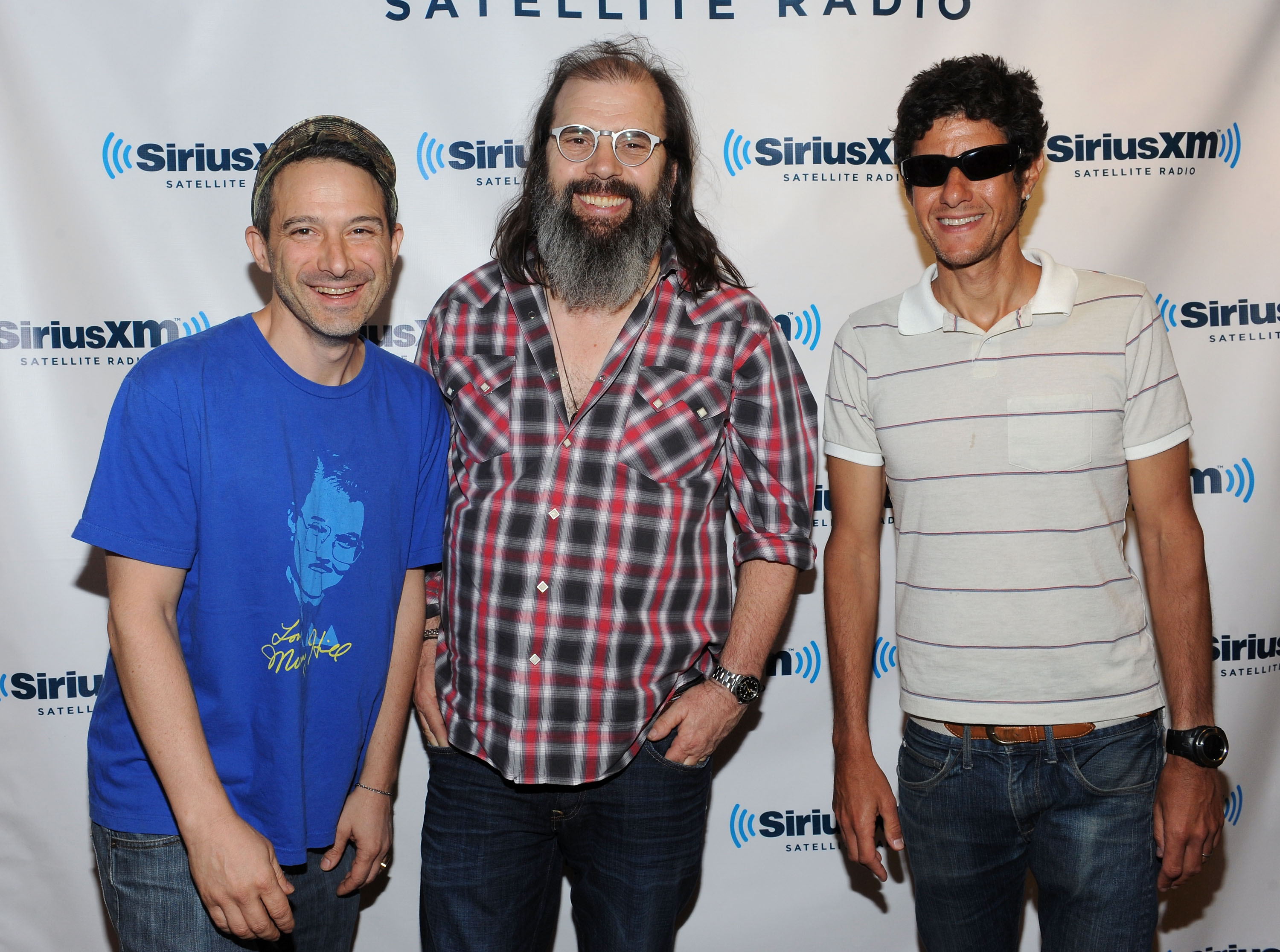
Despite dropping out so early, you are remarkably accomplished and learned. Would you consider yourself an autodidact?
Yeah, I guess I’m what that word means. I read way, way, way more non-fiction than I do fiction because I feel guilty about my lack of education and I feel like it’s necessary.
Maybe that’s what fuels your ambition, that sense of not having what others have?
Yeah. Absolutely. It’s funny, when I do read fiction it’s like I spend a lot of that energy re-reading Harry Potter books. That’s what I do instead of take dope, I re-read Harry Potter. I’m still in mourning because the books are over. I love ’em. I’m a Harry Potter freak.
What do you get out of them?
They’re about the same thing that this record is about. They’re about dealing with death. I think if you got your children to read those books, they’d be a lot less scared of dying when their time comes.
You’ve appear so confident. Were you always so assured?
No. I just made it look like I was. Now I think I’m a little more okay with failure than I was. I do things that don’t work out, but I don’t let that stop me. And another thing is I don’t read reviews, and that helps. If they don’t like it, it hurts your feelings, and if they did, that’s bad for you too.
What did you learn about yourself writing the novel? And did you discipline yourself?
I worked on it every day until I had to go make a record and tour. I’d get up in the morning before the phone started ringing and I got distracted by baseball scores or anything else. I’d get as much done as possible. I’d pretty much done everything I could do by one or two in the afternoon, and then I go hang out in the guitar store.
Gregg Allman said he can’t wait to make another record with T Bone. What about you?
I’d make another. But who knows whether he’ll be interested in working with me again? And who knows what’ll happen with the both of us? But right now, today, if somebody put a gun to my head and told me I had to go make a record, I couldn’t imagine making one with anyone else.
This article originally appeared in Classic Rock #158.
For more on Steve Earle on turning sixty, divorce and finding the blues, then click on the link below.
One of the first women to work in rock journalism, Jaan Uhelszki got her start alongside Lester Bangs, Ben Edmonds and Dave Marsh — considered the “dream team” of rock writing at Creem Magazine in the mid-1970s. Currently an Editor at Large at Relix, Uhelszki has published articles in NME, Mojo, Rolling Stone, USA Today, Classic Rock, Uncut and the San Francisco Chronicle. Her awards include Online Journalist of the Year and the National Feature Writer Award from the Music Journalist’s Association, and three Deems Taylor Awards. She is listed in Flavorwire’s 33 Women Music Critics You Need to Read and holds the dubious honour of being the only rock journalist who has ever performed in full costume and makeup with Kiss.
